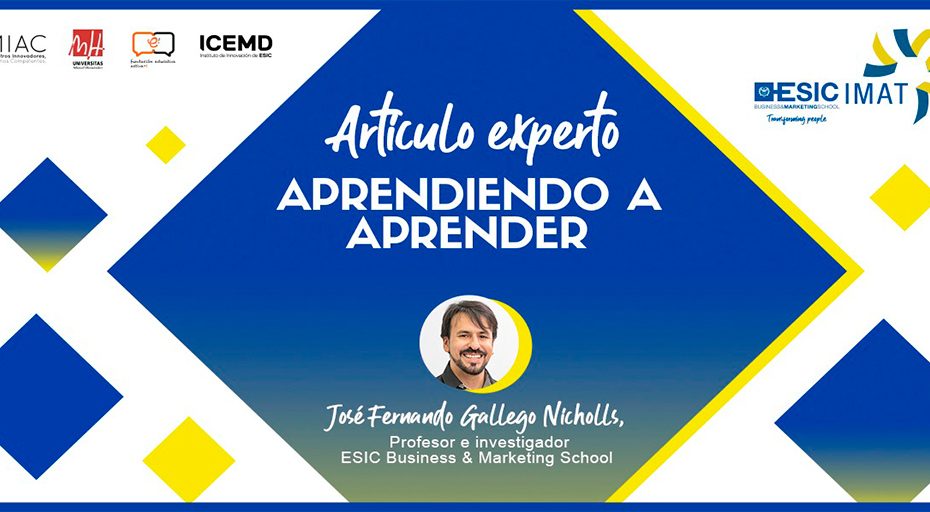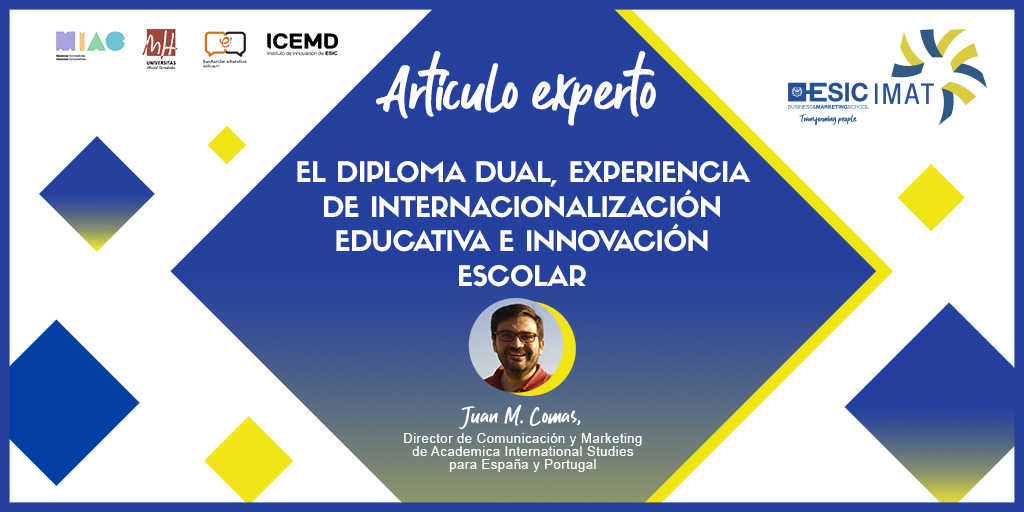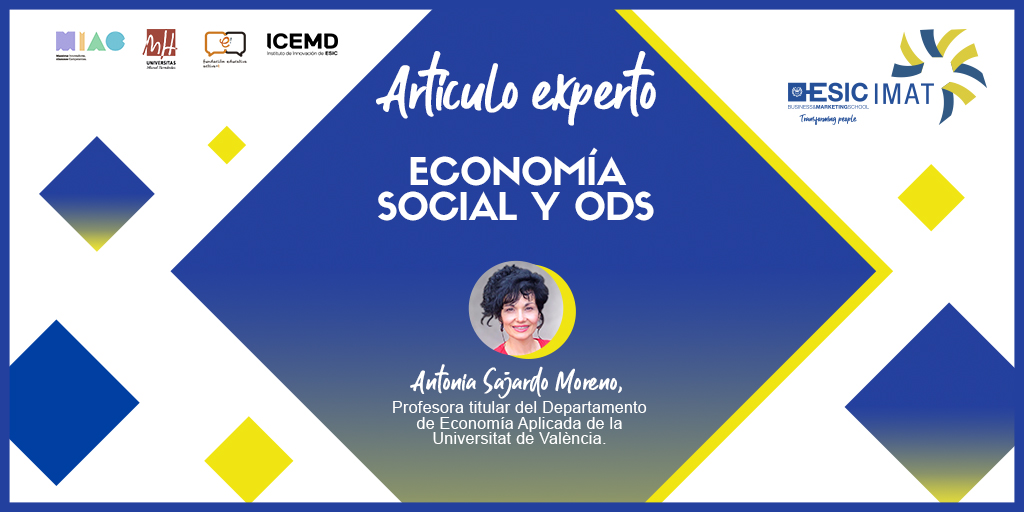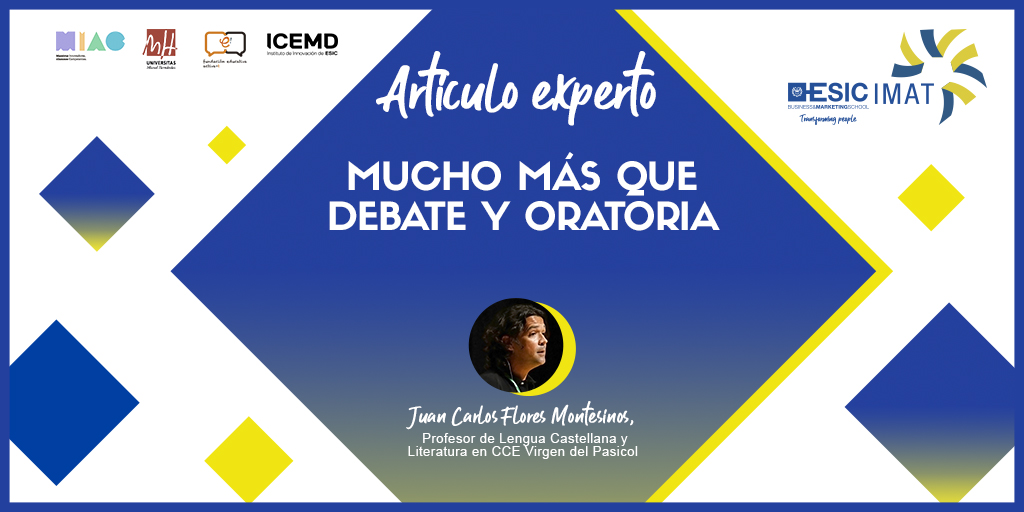By José Fernando Gallego-Nicholls
Before the outbreak of COVID19, the World Bank had already identified a global learning crisis. In its 2019 report, The Education Crisis: Going to School is not the Same as Learning, the multilateral agency stresses that there are places in the world where children in third grade of elementary school cannot do a simple subtraction with two-digit numbers, and two years later, in fifth grade, half of those children still cannot do it (World Bank, 2019). In the same report, the agency stresses that while access to schooling has improved significantly, the quality of learning has not.
One of the reasons that may explain the poor results in learning, may be, paradoxically, the access to technology and the growing dependence on it for data and information. As digital technology becomes more and more democratized, we may tend to delegate to it the processes of analysis and memorization, and therefore of learning, which were so commonplace to us before. Although this new digital reality is a sign of change as the only constant in the course of history, it is important to ask ourselves if our passivity in the face of these advances is the best way to prepare our children, in the words of Harari, “for a world of unprecedented transformations and radical uncertainties”, that is to say: is it the best way to prepare them for a world whose technological developments and technological convergences transform reality radically and at exponential speed?
We may not have a clear answer as to what today’s children and youth must learn in order to become full members of an exponential society and civilization that our linear minds cannot manage to understand (Diamandis & Kotter, 2019). What we can be sure of is that they will need to learn to learn. But what is learning? Agarwal and Bain (2018) describe it as a complex behavior that encompasses psychology, computer science, and neuroscience. Since I am none of the above by profession, I will circumscribe to describing the phenomena expected in learning: encoding, storage and retrieval. These three phenomena illustrate the entry of information, its memorization and its use. Any kind of skill we want to develop, such as speaking a second language, or doing mental calculations, or lecturing on topics of our interest, requires these three steps. Once we know what learning is, we must think about how to achieve it efficiently and effectively. In other words, what we learn must be lifelong. We can do this by focusing on the last of the three components of learning: retrieval or evocation. Barbara Oakley (2018) states that if, after reading a page or a chapter in a book, we close our eyes and try to reconstruct in our mind what we have read, this is much more effective and efficient for long term learning than underlining a text or rereading it, at any age (Karpicke et al., 2016).
This practice is not only useful with books and texts, but also with any other source of information, such as educational videos, film clips, idiomatic expressions in a foreign language, abstract concepts and anything else you want to learn. The practice of evocation or retrieval practice is a bit like going back to basics: without complicated devices or techniques, we can achieve positive impact results, specifically, learning for life. We do not know what our youth and children will need to learn to be full beings in the society of the future, but we can support them and teach them retrieval practice so that what they learn, they have available for their whole life, and on that which they have learned for life, they build their new knowledge. The practice of evocation or retrieval practice is an important tool to ensure our relevance as a human species in an increasingly technified and changing world.
Agarwal, P. K., & Bain, P. M. (2019). Powerful teaching: Unleash the science of learning (First edition). Jossey-Bass.
World Bank (2019) https://www.worldbank.org/en/news/immersive-story/2019/01/22/pass-or-fail-how-can-the-world-do-its-homework
Oakley, B., Segnowsky, T., & McConville, A. (2018) Learning How to Learn: How to Succeed in School Without Spending All Your Time Studying; A Guide for Kids and Teens. Penguin.
Diamandis, P. H., & Kotler, S. (2020). The future is faster than you think: How converging technologies are transforming business, industries, and our lives. Simon & Schuster.
Harari, Y. (2018) 21 Lecciones para el Siglo XXI. Barcelona: Debate.
Karpicke, J. D., Blunt, J. R., & Smith, M. A. (2016). Retrieval-based learning: Positive effects of retrieval practice in elementary school children. Frontiers in Psychology, 7. https://doi.org/10.3389/fpsyg.2016.00350



